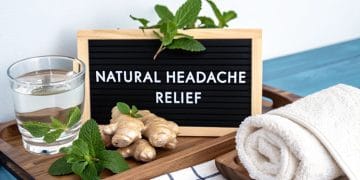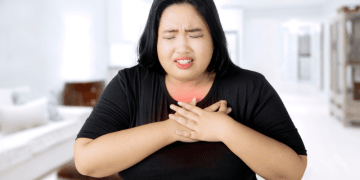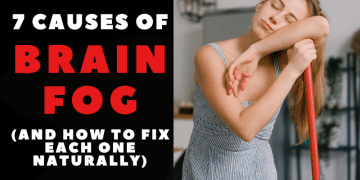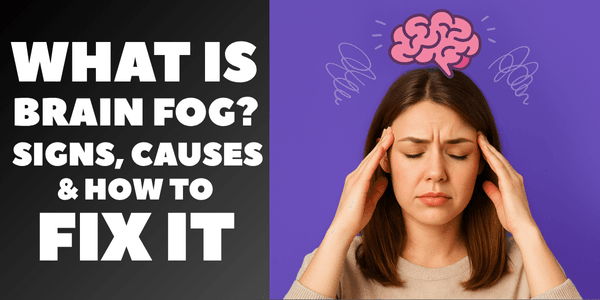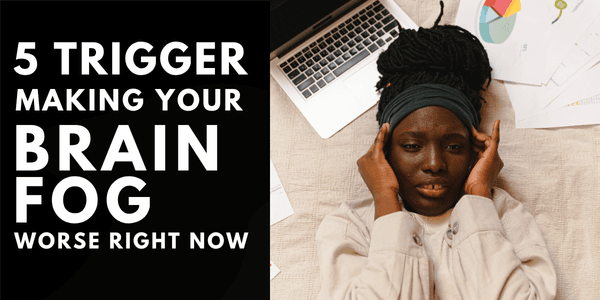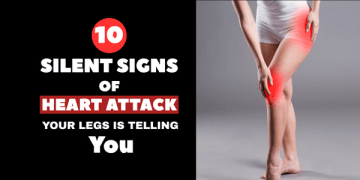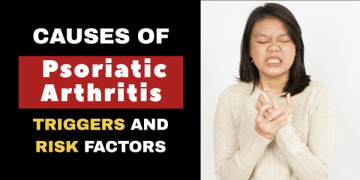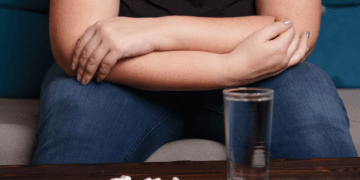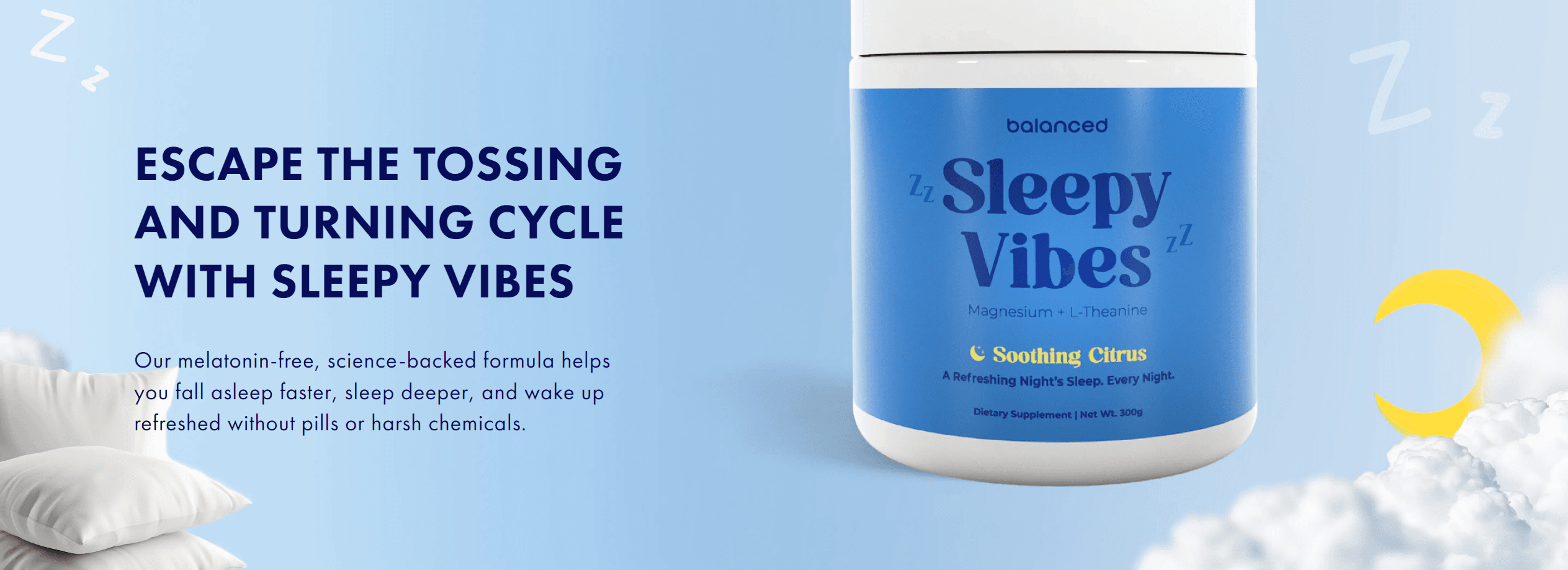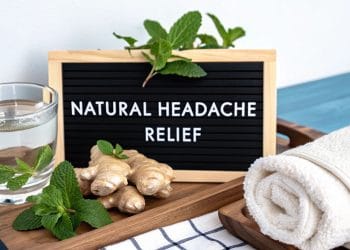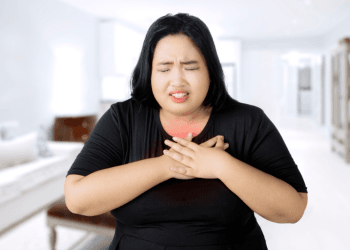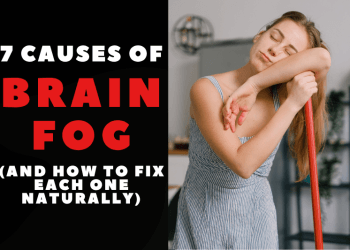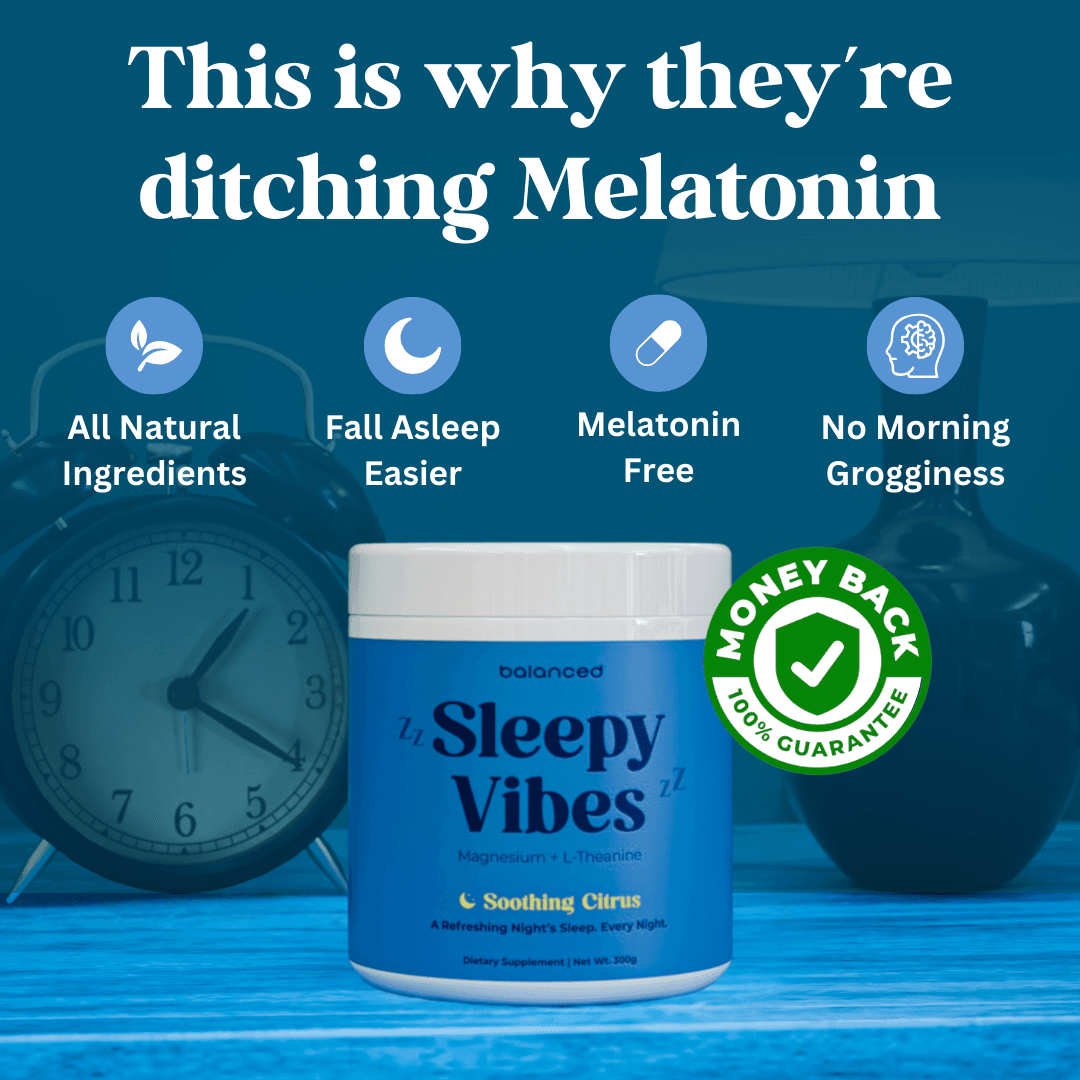Last Updated on June 19, 2025 by Lauretta Iyamu, PharmD
Are you struggling with persistent feelings of sadness and hopelessness? Do you have difficulty enjoying the things you used to or carrying out everyday tasks? If so, you may be experiencing depression, a serious and common mental health condition affecting people of all ages. It can be scary to acknowledge that you’re struggling, but it’s important to remember that seeking help is a brave and important step. Left untreated, depression can lead to more serious problems such as substance abuse, social isolation, and even suicidal thoughts. But there is hope! With the right help and support, it is possible to manage your depression and improve your overall well-being. Don’t let depression control your life any longer. This article, “I need help with depression,” will guide you to understand better how to identify the signs of depression and how to take the first step towards seeking help today.
What is Depression?
It’s important to know what depression is so you can recognize the signs and seek help if you need it.
So, what is depression? Depression is a mood disorder that causes a persistent feeling of sadness and loss of interest. It can also cause physical symptoms such as changes in appetite, trouble sleeping, and lack of energy. Depression can affect how you think, feel, and behave, making it hard to carry out everyday tasks.
It’s important to understand that depression is not just feeling sad or “down in the dumps.” It’s a real medical condition that can affect your overall health and well-being. If left untreated, depression can lead to more serious problems such as substance abuse, social isolation, and even suicidal thoughts.
Why is it Important to Seek Help for Depression?

If you’re feeling depressed, it’s important to understand that this is not just a temporary feeling or something you can “snap out of.” Depression is a real medical condition that can affect your overall health and well-being if left untreated.
Untreated depression can lead to more serious problems, such as substance abuse, social isolation, and even suicidal thoughts. It’s important to seek help if you’re experiencing persistent feelings of sadness and hopelessness or if your depression is interfering with your daily life.
You can do many things to manage your depression and improve your mood. These include:
- Talking to someone you trust
- Seeking professional help
- Getting plenty of sleep
- Eating a healthy diet
- Exercising regularly
- Practicing relaxation techniques
- Setting achievable goals
- Surrounding yourself with positive people
- Taking breaks to rest and relax
- Seek support from others
- Talk to someone you trust: This could be a parent, teacher, friend, or other trusted adult. It can be scary to talk about your feelings, but it’s important to let someone know what you’re going through. They can help you find the right resources and support.
- Seek professional help: If your feelings of sadness and hopelessness persist, it may be helpful to see a mental health professional, such as a therapist or counselor. They can work with you to develop coping strategies and techniques to manage your depression.
- Get plenty of sleep: Getting enough sleep is important to help your body and mind function properly. Aim for 8-9 hours of sleep each night.
- Eat a healthy diet: A balanced diet can help improve your mood and energy levels. Try to include plenty of fruits, vegetables, and lean proteins in your diet.
- Exercise regularly: Regular physical activity can help improve your mood and reduce stress. Find an activity you enjoy, such as walking, dancing, or playing a sport.
- Practice relaxation techniques: This can include deep breathing, progressive muscle relaxation, or mindfulness meditation. These techniques can help reduce stress and improve your overall sense of well-being.
- Set achievable goals: It can be hard to feel motivated when you’re feeling depressed, but setting small, achievable goals can help boost your confidence and improve your mood.
- Surround yourself with positive people: Being around supportive and understanding people can help improve your mood and outlook.
- Take breaks: It’s important to take breaks and give yourself time to rest and relax. This can help reduce stress and improve your overall well-being.
- Seek support from others: Many resources are available to help you manage your depression, such as support groups or online communities.
How to Seek Help for Depression

Here are some steps you can take to seek help for depression:
- Talk to someone you trust: This could be a parent, teacher, friend, or other trusted adult. It can be scary to talk about your feelings, but it’s important to let someone know what you’re going through. They can help you find the right resources and support.
- Seek professional help: If your feelings of sadness and hopelessness persist, it may be helpful to see a mental health professional, such as a therapist or counselor. They can work with you to develop coping strategies and techniques to manage your depression.
- Contact a crisis hotline: If you or someone you know is in crisis, you can contact the National Suicide Prevention Lifeline at 1-800-273-TALK. They can provide immediate support and connect you with resources in your area.
Strategies to Cope With Depression

If you’re feeling depressed, it can be hard to find the energy or motivation to take care of yourself. But self-care is important in managing your depression and improving your overall well-being. Below are some strategies you can try to help you improve your mood and manage depression:
- Talk to someone you trust: This could be a parent, teacher, friend, or other trusted adult. It can be scary to talk about your feelings, but it’s important to let someone know what you’re going through. They can help you find the right resources and support.
- Seek professional help: If your feelings of sadness and hopelessness persist, it may be helpful to see a mental health professional, such as a therapist or counselor. They can work with you to develop coping strategies and techniques to manage your depression.
- Get plenty of sleep: Getting enough sleep is important to help your body and mind function properly. Aim for 8-9 hours of sleep each night.
- Eat a healthy diet: A balanced diet can help improve your mood and energy levels. Try to include plenty of fruits, vegetables, and lean proteins in your diet.
- Exercise regularly: Regular physical activity can help improve your mood and reduce stress. Find an activity you enjoy, such as walking, dancing, or playing a sport.
- Practice relaxation techniques: This can include deep breathing, progressive muscle relaxation, or mindfulness meditation. These techniques can help reduce stress and improve your overall sense of well-being.
- Set achievable goals: It can be hard to feel motivated when you’re feeling depressed, but setting small, achievable goals can help boost your confidence and improve your mood.
- Surround yourself with positive people: Being around supportive and understanding people can help improve your mood and outlook.
- Take breaks: It’s important to take breaks and give yourself time to rest and relax. This can help reduce stress and improve your overall well-being.
- Seek support from others: Many resources are available to help you manage your depression, such as support groups or online communities.
Frequently Asked Questions
Q: What is depression?
A: Depression is a mood disorder that causes a persistent feeling of sadness and loss of interest. It can also cause physical symptoms such as changes in appetite, trouble sleeping, and lack of energy. Depression can affect how you think, feel, and behave, making it hard to carry out everyday tasks.
Q: Is it normal to feel sad or down from time to time?
A: It’s normal to feel sad or down from time to time, but when these feelings last for a long time and interfere with your daily life, it could be a sign of depression. If you’re feeling overwhelmed, hopeless, or like you can’t enjoy the things you used to, it’s important to seek help.
Q: Is depression a real medical condition?
A: Yes, depression is a real medical condition that can affect your overall health and well-being. If left untreated, it can lead to more serious problems such as substance abuse, social isolation, and even suicidal thoughts.
Q: What can I do to manage my depression?
A: You can do many things to improve your mood and manage your depression. These include talking to someone you trust, seeking professional help, getting plenty of sleep, eating a healthy diet, exercising regularly, practicing relaxation techniques, setting achievable goals, surrounding yourself with positive people, and taking breaks to rest and relax.
Q: Is it normal to feel scared or ashamed to seek help for depression?
A: It’s normal to feel scared or ashamed to seek help for depression, but it’s important to remember that seeking help is a brave and important step. It’s not a sign of weakness to ask for help. It takes a lot of strength and courage to admit that you need support. With the right help and support, it is possible to manage your depression and improve your overall well-being.
Q: Where can I find support and resources for managing depression?
A: Many resources are available to help you manage your depression, such as support groups or online communities. You can also seek help from a mental health professional, such as a therapist or counselor. If you or someone you know is in crisis, you can contact the National Suicide Prevention Lifeline at 1-800-273-TALK.
Wrapping Up
In conclusion, depression is a common and serious mental health condition affecting people of all ages, including children. It’s important to understand that depression is not just feeling sad or “down in the dumps.” It’s a real medical condition that can affect your overall health and well-being. If left untreated, depression can lead to more serious problems such as substance abuse, social isolation, and even suicidal thoughts.
Seeking help for depression is a brave and important step, and many resources and strategies are available to help manage the condition and improve your overall well-being. If you’re feeling depressed, don’t hesitate to reach out for help. You’re not alone, and many people and resources are available to support you on your journey toward healing and recovery. Remember, it’s okay to take things one step at a time and not to expect too much of yourself. It’s important to be kind to yourself and focus on self-care. With the right help and support, you can learn how to manage your depression and improve your overall well-being.
References
- American Psychiatric Association. Diagnostic and statistical manual of mental disorders [Internet]. DSM-5-TR. American Psychiatric Association Publishing; 2022 [cited 2022 Dec 30]. Available from: https://psychiatryonline.org/doi/book/10.1176/appi.books.9780890425787
- How to help in an emotional crisis [Internet]. https://www.apa.org. [cited 2022 Dec 30]. Available from: https://www.apa.org/topics/mental-health/help-emotional-crisis
- Gariépy G, Honkaniemi H, Quesnel-Vallée A. Social support and protection from depression: systematic review of current findings in Western countries. Br J Psychiatry [Internet]. 2016 Oct [cited 2022 Dec 30];209(4):284–93. Available from: https://www.cambridge.org/core/product/identifier/S0007125000245121/type/journal_article
- Belmaker RH, Agam G. Major depressive disorder. N Engl J Med [Internet]. 2008 Jan 3 [cited 2022 Dec 30];358(1):55–68. Available from: http://www.nejm.org/doi/abs/10.1056/NEJMra073096
- Lee SL, Pearce E, Ajnakina O, Johnson S, Lewis G, Mann F, et al. The association between loneliness and depressive symptoms among adults aged 50 years and older: a 12-year population-based cohort study. The Lancet Psychiatry [Internet]. 2021 Jan [cited 2022 Dec 30];8(1):48–57. Available from: https://linkinghub.elsevier.com/retrieve/pii/S2215036620303837

